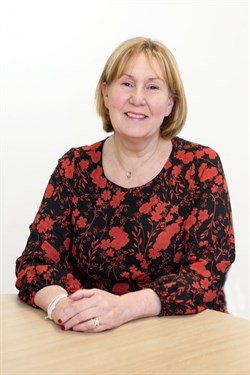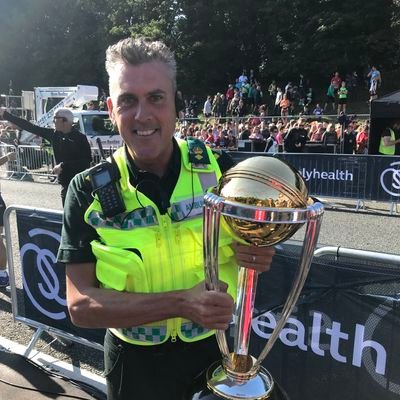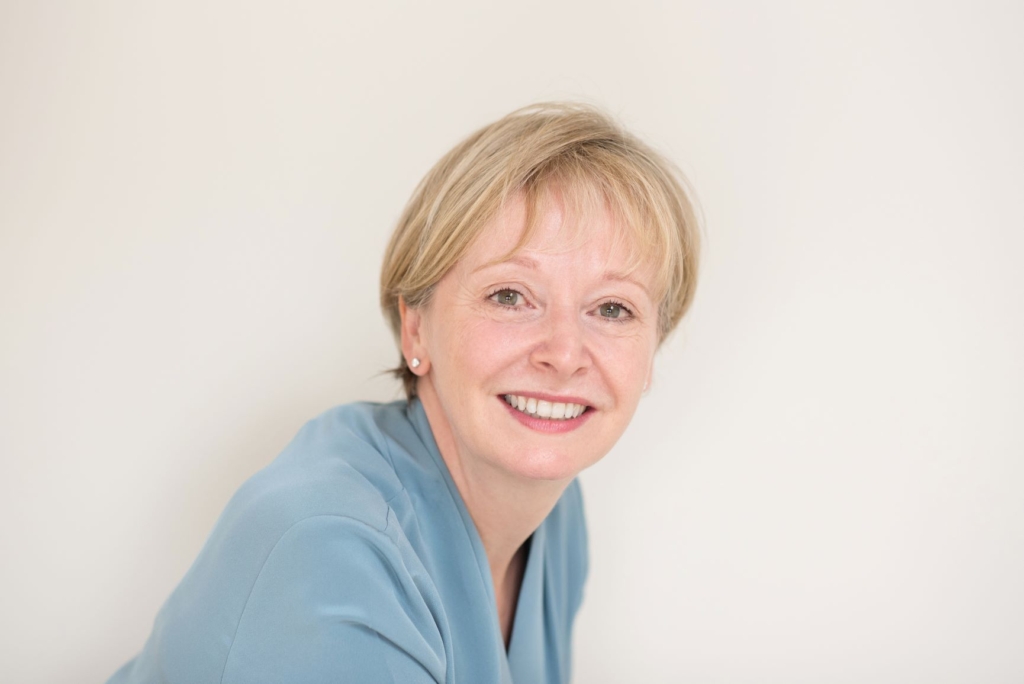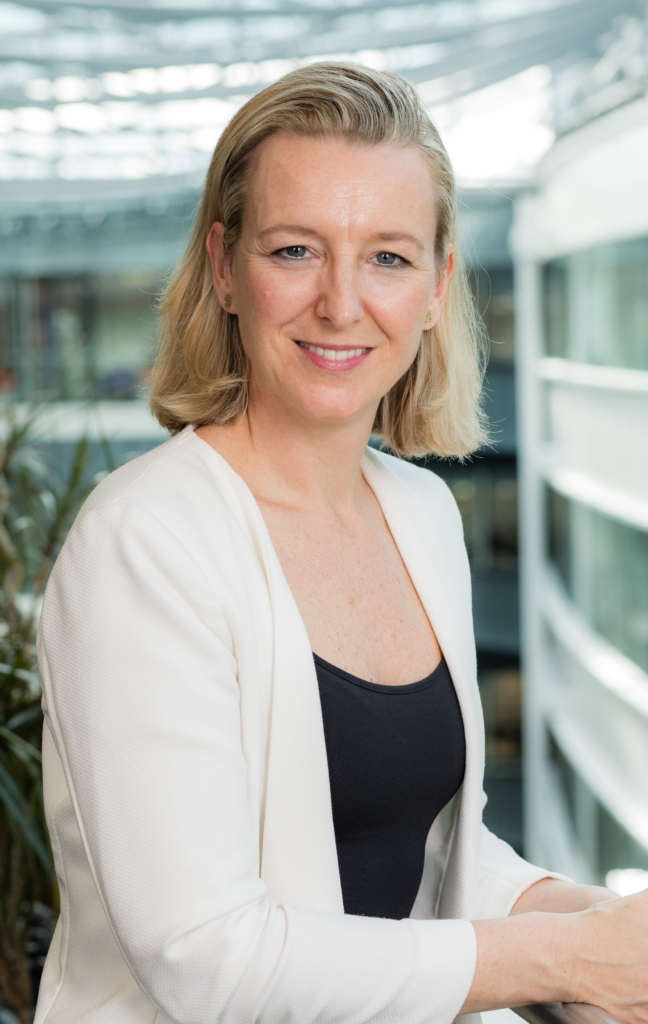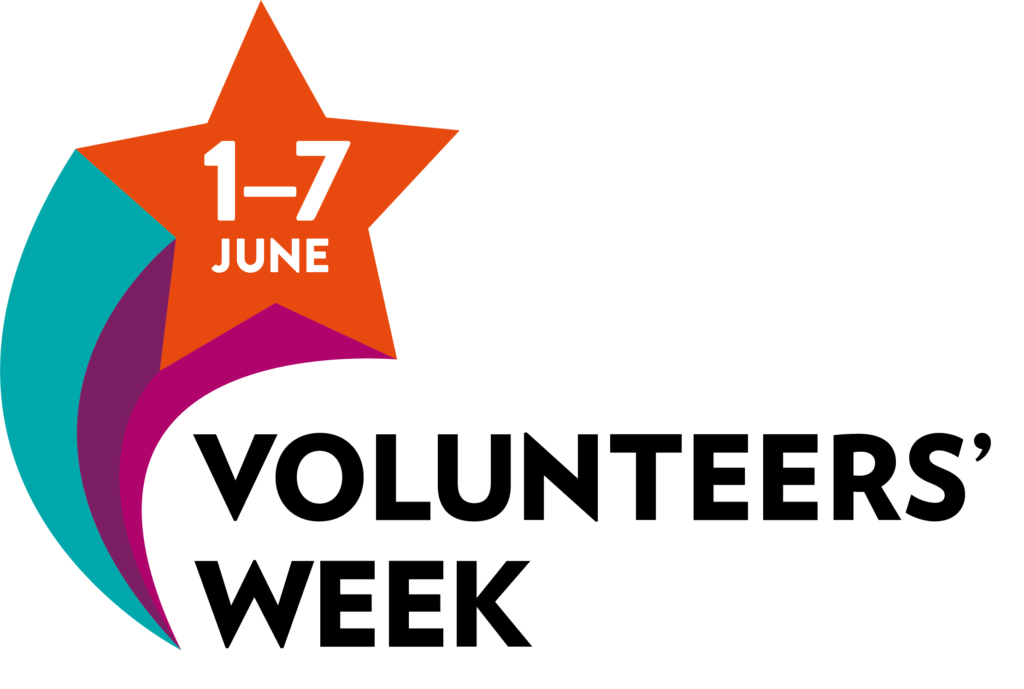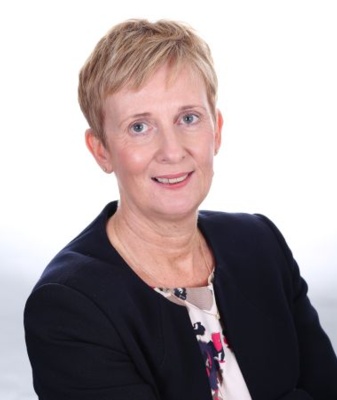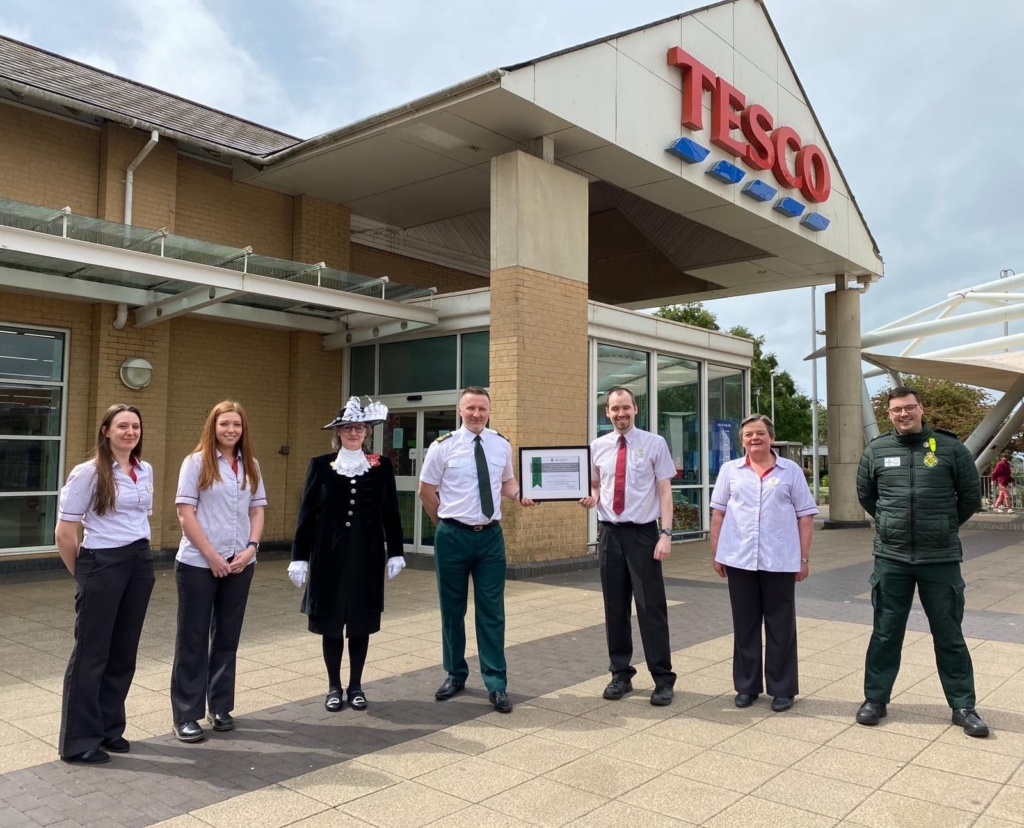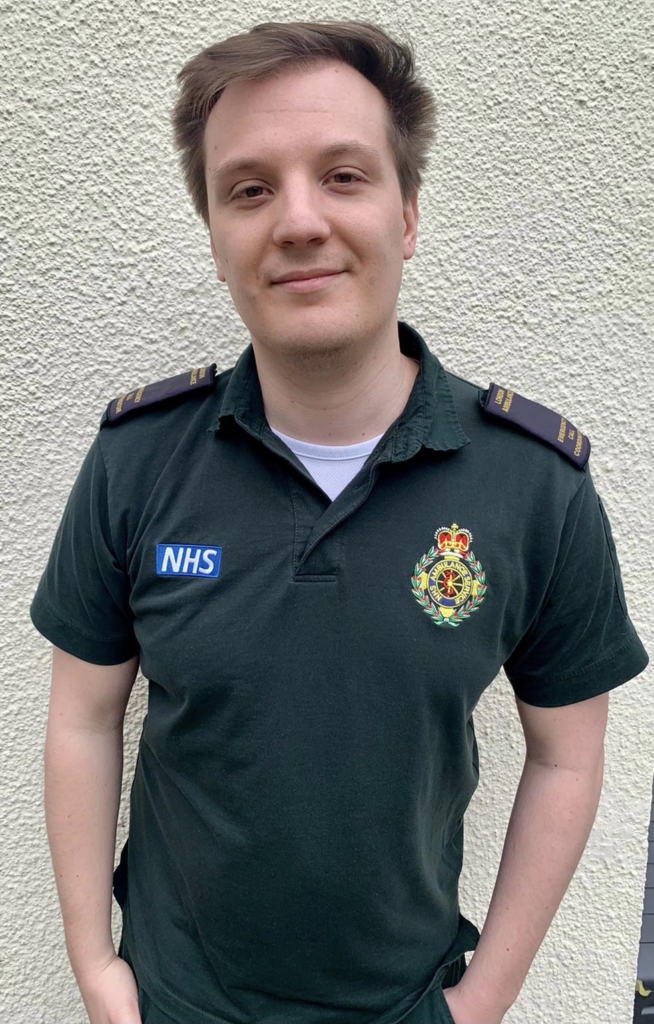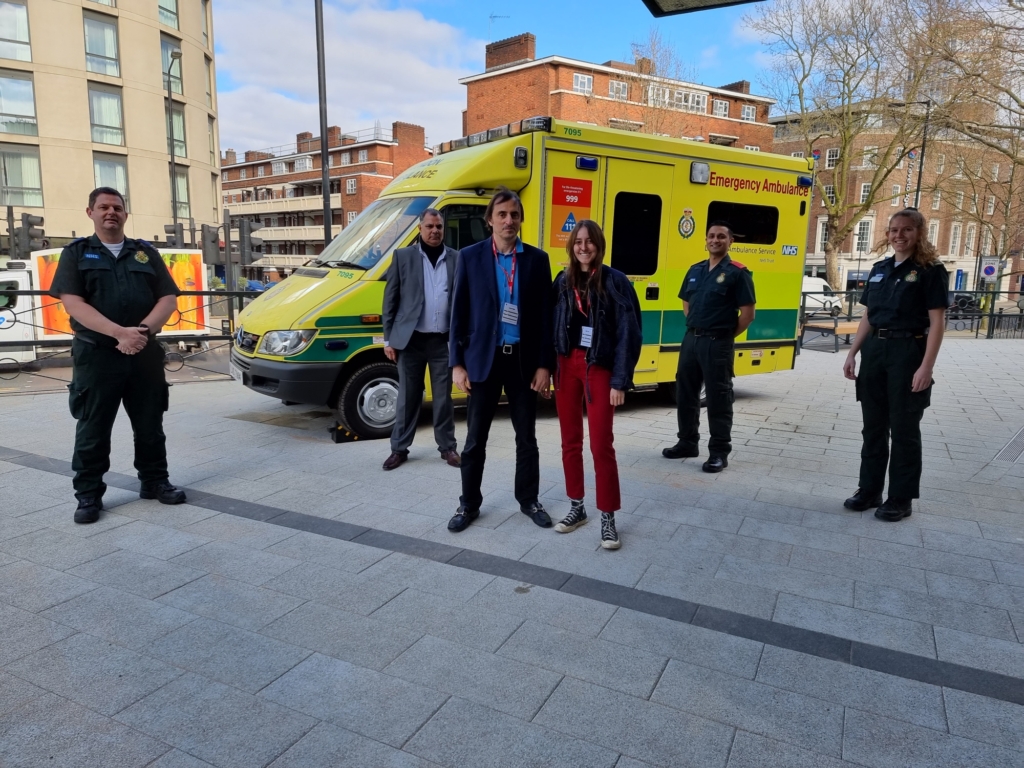Strategic Head of Resilience Recognised in Queen’s Birthday Honours
Simon Swallow, strategic head of emergency preparedness, resilience and response at the North East Ambulance Service, has been awarded the Queen’s Ambulance Medal in the 2021 Birthday Honour’s list. He is the third recipient of the prestigious honour in the North East region.
The award is presented to acknowledge distinguished service in the ambulance service and is awarded in recognition of the enormous contribution and influence Simon has made in his 35-year career in the ambulance service and NHS.
Chief Executive Helen Ray said: “This is a well-deserved honour and on behalf of the Trust I am delighted that Simon has been recognised for his contribution to the ambulance service and wider NHS.’
“His commitment was evident early in his career when he volunteered to deliver presentations to numerous community organisations to raise awareness and educate the public on the aims of the ambulance service.’
“He still volunteers in NEAS today as a family liaison officer during serious incident investigations. Many have commented to me how Simon often puts his feelings to one side to help and support the patients and their families.”
Simon Swallow, aged 51, is married and lives in Whitley Bay. He has three children. He said: “I am honoured, humbled and proud to have receive this honour. It’s been such a journey working these 35 years in the service and it still feels very special to work here. I enjoy it as much now as I did on my first day.”
Reflecting on his investiture, he added: “I have been involved since 1995 in looking after the Royal family. I’ve always been in the background so it will feel very different to finally meet them when I receive this honour.”
Simon was a cadet in the ambulance service aged 16 and qualified as a paramedic seven years’ later in 1993. He quickly received the appreciation from the Department of Health for his work on the reception, treatment and transportation of the four Bosnian casualties flown in to Newcastle by the RAF.
This later became the Reception Arrangements for Military Patients (RAMP) programme, transporting casualties from abroad to major trauma centres.
Simon has gone on to be involved in numerous multi-agency operations, some high profile, where his experience and skills have made a difference in both caring for patients and protecting the public, including:
- Operation Hourglass: A pilot scheme which later became the national “booze bus” initiative
- Operation Ginger: Simon set up the first of its kind partnership with police in North East
- Raoul Moat manhunt: Ambulance commander during a high-profile week long incident
- 2012 Olympics: In the North East and as strategic commander supporting London Ambulance Service in the National Olympic Coordination Centre
- Great North Run: 26 years as a commander to the largest mass-participation event in the UK
- World Transplant Games: Lead planner for medical cover at all the venues
In the early 2000s, Simon spent time teaching in Kuwait on behalf of NEAS and remains an advocate for raising awareness and supporting training for Chemical Biological Radiological and Nuclear (CBRN) contingencies. He was later involved in writing the CBRN manual and training for the CBRN clinical decontamination programme.
Simon went on to lead the early implementation of the Special Operations Response Team and trained 140 NEAS staff in early 2002. Five years later, he was again working alongside the Department of Health and national teams to trial “hot zone” working which later became the Hazardous Area Response Team.
All aspects of police and royalty protection planning and delivery has been led by Simon, including visits of prime ministers, presidents, popes, and monarchs.
Recently, Simon has led on the COVID-19 swabbing, anti-body testing and vaccine programme, working tirelessly to organise clinics and act as a point of contact for all staff and liaising with partners to secure vaccine appointments.
Quality content
- Casinos Not On Gamstop
- Casinos Not On Gamstop
- Casino Sites Not On Gamstop
- Non Gamstop Casino
- UK Online Casinos Not On Gamstop
- Casino Sites Not On Gamstop UK
- Casino Sites Not On Gamstop
- Games Not On Gamstop
- Sites Not On Gamstop
- UK Online Casinos Not On Gamstop
- Casino Not On Gamstop
- Slots Not On Gamstop
- Casino Not On Gamstop
- Gambling Not On Gamstop
- Casinos Not On Gamstop
- Non Gamstop Casino
- UK Online Casinos Not On Gamstop
- Casino Sites Not On Gamstop
- Best Betting Sites
- Best UK Online Casinos
- New Horse Racing Betting Sites


